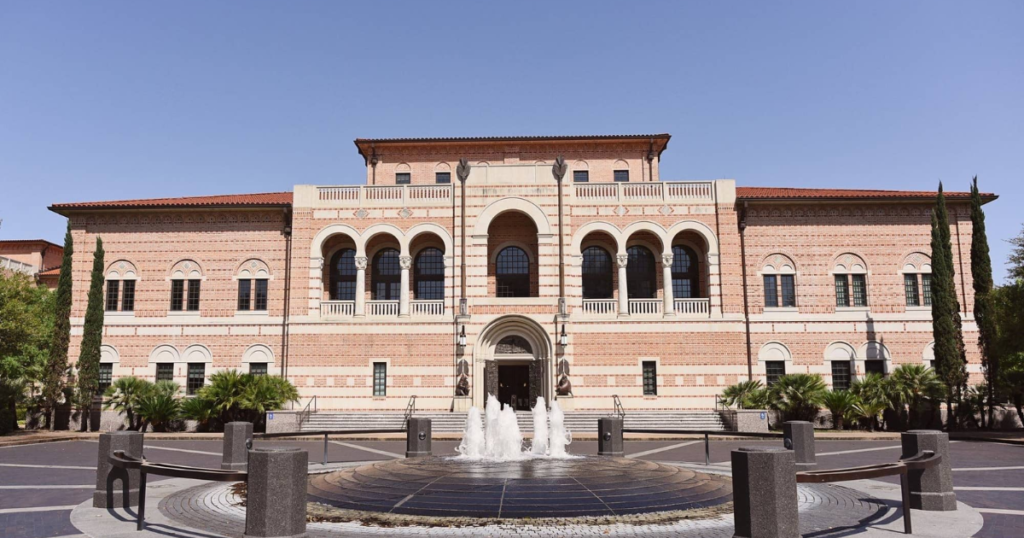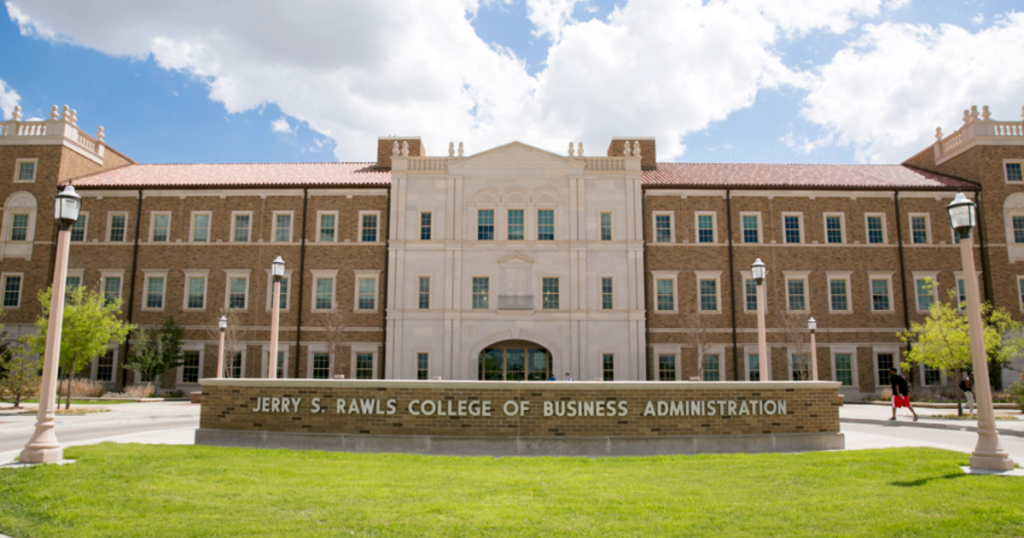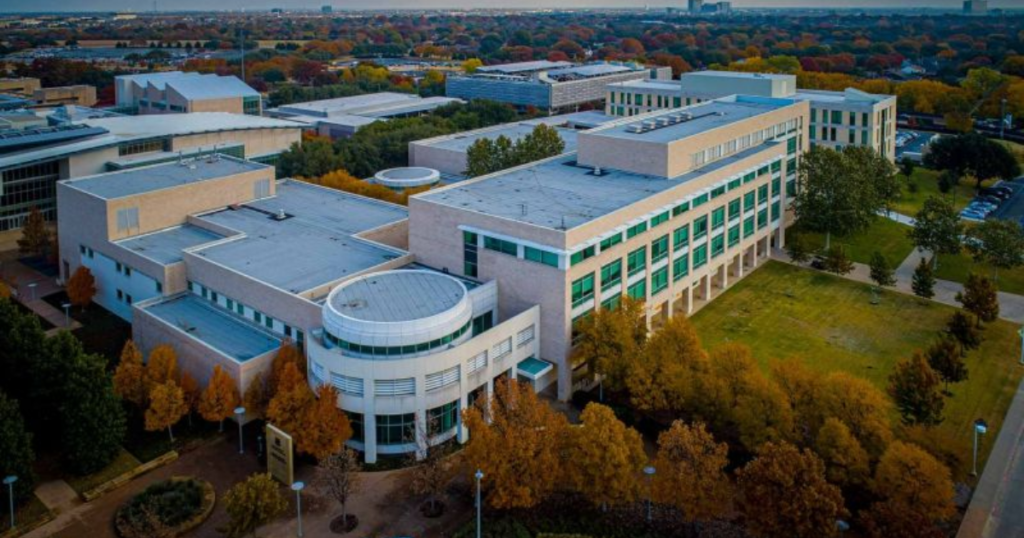An MBA degree serves as a gateway to career advancement, offering opportunities to acquire leadership skills, expand professional networks, and boost earning potential. For many aspiring professionals, the choice of where to pursue an MBA is as important as the decision to earn one. Texas has emerged as a prime destination for MBA aspirants, boasting top-ranked business schools, a thriving economy, and a culture of innovation.
With a business-friendly environment, affordable cost of living, and strong job market, Texas provides the ideal setting for MBA students to thrive. This guide delves into the best business schools for MBA in Texas, essential factors to consider when selecting a program, and how to navigate the application and financing process. Whether you’re an early-career professional or a seasoned executive, this comprehensive resource will equip you with the knowledge needed to make an informed decision.
Why Choose Business Schools for MBA in Texas?
1. Thriving Business Environment
Texas is a powerhouse economy, boasting diverse industries such as energy, technology, healthcare, finance, and manufacturing. Cities like Houston, Austin, and Dallas serve as corporate hubs and provide MBA graduates with access to Fortune 500 companies and innovative startups.
The state’s pro-business policies, low tax rates, and abundance of multinational corporations create unmatched opportunities for internships, networking, and post-graduation employment. Companies like Dell, ExxonMobil, American Airlines, and AT&T have headquarters or significant operations in Texas, making it a haven for business professionals.
2. Affordable Cost of Living
Texas stands out for its relatively low cost of living compared to other major U.S. states like California or New York. MBA students benefit from affordable housing, transportation, and dining expenses while still enjoying vibrant city life and cultural experiences. This cost advantage allows students to focus on their studies without the burden of excessive living expenses.
3. Diverse MBA Programs
Texas caters to a wide array of career aspirations with its diverse MBA offerings. Whether you are looking for a full-time program, an executive MBA for seasoned professionals, or a flexible online option for working individuals, Texas has you covered. Moreover, the state’s business schools offer specializations ranging from energy management and healthcare to entrepreneurship and data analytics.
Key Factors to Consider When Choosing a Business School for MBA in Texas
Selecting the right MBA program requires careful evaluation of various factors. Here are the key aspects to consider:
1. Accreditation
Accreditation is a critical indicator of a program’s quality and credibility. Top business schools for MBA in Texas hold prestigious accreditations, such as the Association to Advance Collegiate Schools of Business (AACSB), ensuring high academic standards and global recognition.
2. Program Specializations
Each business school has its own strengths. For instance, McCombs School of Business excels in entrepreneurship and technology, while Mays Business School is known for ethical leadership and supply chain management. Identifying your area of interest will help you choose a program that aligns with your career goals.
3. ROI and Placement Records
Investing in an MBA involves significant time and money. Evaluate the return on investment by analyzing metrics like average starting salaries, placement rates, and program costs. Texas schools are known for delivering strong ROI, with graduates frequently landing roles in top organizations.
4. Networking Opportunities
An MBA program is not just about academics—it’s also a platform for building professional networks. Look for schools that offer extensive networking opportunities through alumni networks, corporate partnerships, and industry events.
5. Learning Environment
A conducive learning environment plays a vital role in shaping your MBA experience. Consider factors like class size, faculty expertise, and access to resources such as labs, incubators, and mentorship programs.
Top Business Schools for MBA in Texas
1. McCombs School of Business, University of Texas at Austin

Overview: McCombs is a top-ranked business school renowned for its focus on entrepreneurship and innovation. Located in Austin, the tech capital of Texas, it provides students with unparalleled access to startups and established firms.
Program Highlights: Offers full-time, evening, and executive MBA options. The curriculum emphasizes leadership, data-driven decision-making, and experiential learning through consulting projects and global immersion trips.
Key Strengths: Strong connections with the tech industry and a collaborative learning environment.
Tuition and Placement: In-state tuition is $51,020 annually, with graduates reporting an average starting salary of $125,000.
2. Mays Business School, Texas A&M University

Overview: Located in College Station, Mays Business School emphasizes ethical leadership and collaboration. Its programs are particularly strong in supply chain management and energy.
Program Highlights: Offers full-time, part-time, and executive MBA options, with experiential learning through live projects and case studies.
Key Strengths: Close ties to the energy industry and affordable tuition.
Tuition and Placement: Tuition is $36,000 for in-state students, with an average starting salary of $110,000.
3. Cox School of Business, Southern Methodist University

Overview: Situated in Dallas, Cox School of Business excels in finance, marketing, and strategy. Its small class sizes ensure personalized attention and a close-knit community.
Program Highlights: Flexible MBA formats, including full-time, part-time, and online options. The school provides extensive career management support.
Key Strengths: Proximity to Dallas’ corporate scene and hands-on learning through internships.
Tuition and Placement: Annual tuition is $48,000, and graduates earn average starting salaries of $120,000.
4. Jones Graduate School of Business, Rice University

Overview: Known for its rigorous academics and entrepreneurial spirit, Jones Graduate School is located in Houston, a hub for the energy and healthcare sectors.
Program Highlights: Offers full-time, professional, and executive MBA programs. The school emphasizes experiential learning and innovation.
Key Strengths: Strong industry connections and a low student-to-faculty ratio.
Tuition and Placement: Tuition is approximately $65,000 per year, with an average starting salary of $135,000.
5. Neeley School of Business, Texas Christian University

Overview: Neeley School in Fort Worth emphasizes leadership and personalized learning experiences. It’s ideal for students seeking a tight-knit academic community.
Program Highlights: Offers dual-degree options and a focus on leadership development through the Neeley Leadership Center.
Key Strengths: Ethical leadership training and strong alumni support.
Tuition and Placement: Tuition costs $43,000 annually, with graduates earning $115,000 on average.
6. Rawls College of Business, Texas Tech University

Overview: Rawls College stands out for its affordability and practical curriculum. It is a strong choice for students seeking high ROI.
Program Highlights: MBA options include healthcare management, energy, and data analytics specializations.
Key Strengths: Cost-effectiveness and strong regional employer connections.
Tuition and Placement: Tuition is $23,000 per year, with starting salaries averaging $85,000.
7. Naveen Jindal School of Management, University of Texas at Dallas

Overview: Jindal School is renowned for its focus on technology and analytics. It offers flexible programs catering to working professionals.
Program Highlights: Offers full-time, part-time, and online MBAs with customizable curricula.
Key Strengths: Proximity to Dallas’ tech hub and affordable tuition.
Tuition and Placement: Tuition averages $30,000, and graduates earn $105,000 on average.
Comparing MBA Programs in Texas
| School | Tuition (Annual) | Average Salary | Key Strengths |
|---|---|---|---|
| McCombs (UT Austin) | $51,020 | $125,000 | Entrepreneurship, tech |
| Mays (Texas A&M) | $36,000 | $110,000 | Ethical leadership |
| Cox (SMU) | $48,000 | $120,000 | Finance, marketing |
| Jones (Rice) | $65,000 | $135,000 | Entrepreneurship, finance |
| Neeley (TCU) | $43,000 | $115,000 | Leadership development |
| Rawls (Texas Tech) | $23,000 | $85,000 | Healthcare, energy |
| Jindal (UT Dallas) | $30,000 | $105,000 | Technology, analytics |
Admission Requirements for Texas MBA Programs
- Bachelor’s Degree: A four-year undergraduate degree is required for admission.
- Work Experience: Most programs prefer candidates with 2–5 years of professional experience.
- GMAT/GRE Scores: Competitive scores are crucial, although some schools offer waivers for experienced professionals.
- Essays and Recommendations: Showcase your career goals and achievements through compelling essays and letters of recommendation.
- Interviews: Many business schools for MBA in Texas require interviews to assess fit and leadership potential.
How to Finance Your MBA in Texas
- Scholarships and Fellowships: Many Texas schools offer generous merit-based and need-based scholarships.
- Assistantships: Teaching or research assistantships often include tuition waivers and stipends.
- Loans: Federal and private loan options are available for both domestic and international students.
- Employer Sponsorships: Many companies sponsor MBA programs for employees, especially for executive programs.
Conclusion
Texas stands out as an exceptional destination for MBA aspirants, offering world-class education, affordable living, and strong industry ties. Whether you’re looking to build a career in energy, technology, or finance, Texas provides the resources and opportunities to help you succeed. By choosing the right business school for MBA in Texas and leveraging available financial resources, you can embark on a transformative educational journey and achieve your professional goals.
Frequently Asked Questions (FAQs)
Q. What are the average salaries for MBA graduates in Texas?
A. The average starting salary for MBA graduates in Texas varies depending on the school and specialization. On average, graduates from top Texas business schools such as McCombs School of Business at UT Austin and Jones Graduate School of Business at Rice University report starting salaries ranging from $110,000 to $135,000. Graduates from schools like Mays Business School and Rawls College of Business report average starting salaries between $85,000 and $110,000. These figures highlight the strong return on investment offered by Texas MBA programs.
Q. Do I need work experience to apply for an MBA program in Texas?
A. While some Texas business schools may admit applicants with little to no professional experience, most highly ranked programs prefer candidates with 2-5 years of work experience. This work experience is often seen as valuable because it allows students to contribute to class discussions, case studies, and group projects based on real-world business situations. If you’re a recent graduate or have limited work experience, you may still be considered, but your application will need to stand out in other areas like academic performance, leadership skills, and extracurricular activities.
Q. Can I pursue an MBA in Texas while working full-time?
A. Yes, many Texas business schools offer part-time and executive MBA programs specifically designed for working professionals. These programs typically offer flexible schedules with evening and weekend classes, allowing students to continue their careers while pursuing their degree. Online MBA programs are also available, offering the flexibility to complete coursework from anywhere. Schools like McCombs, Cox, and Jindal provide various options for students who wish to balance work and study.
Q. How long does it take to complete an MBA in Texas?
A. The duration of an MBA program in Texas varies depending on the type of program you choose. A full-time MBA typically takes two years to complete, while part-time and executive MBA programs are designed to be completed in 3-4 years, allowing students to continue working while earning their degree. Some schools also offer accelerated MBA options that can be completed in 12-18 months.
Q. Are there financial aid options available for MBA students in Texas?
A. Yes, there are numerous financial aid options available to MBA students in Texas. Most schools offer merit-based scholarships, which are awarded based on academic performance, leadership potential, and professional achievements. In addition to scholarships, students may qualify for federal and private loans. Some programs also offer assistantships, which provide stipends and tuition waivers in exchange for research or teaching assistance. Additionally, many students receive employer sponsorships or financial support from their companies to pursue their MBA.
Check out our comprehensive guide on the Best Business Schools in USA for MBA for more insights.

